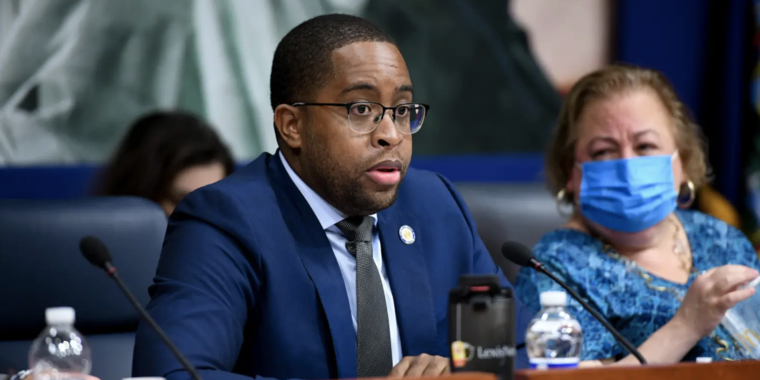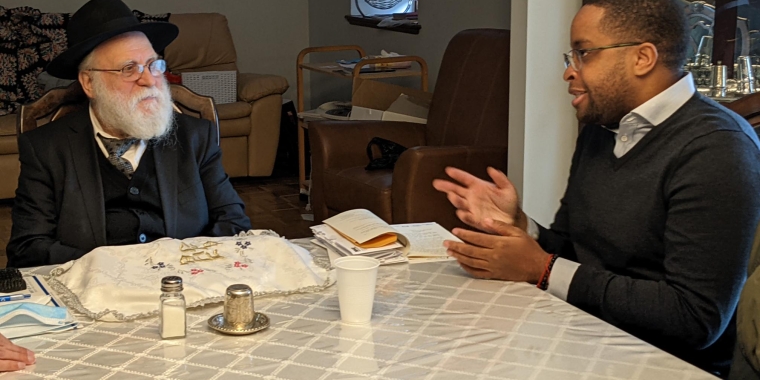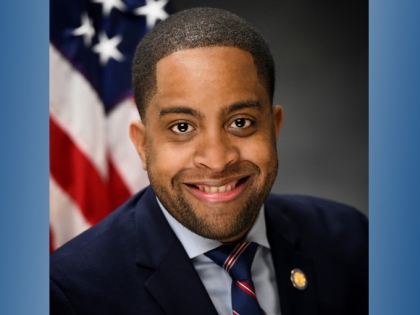
Senator Myrie Renames Voting Rights Act in Honor of John R. Lewis; Assemblymember Walker Cosponsors
July 29, 2020
-
ISSUE:
- Voting Rights
BROOKLYN, NY — State Senator Zellnor Y. Myrie has renamed major legislation that will strengthen and protect voting rights in New York. The legislation will be carried in the Assembly by Assembly Member Latrice Walker.
The newly renamed “John R. Lewis Voting Rights Act of New York” (JRLVRA, S7528A) provides comprehensive and detailed regulations and rights of action that will fulfill for New Yorkers the original promise of the federal Voting Rights Act while adding new protections to ensure that all eligible voters have the ability to participate in the political process.
Senator Zellnor Y. Myrie said: “John R. Lewis fought to perfect America’s democracy. He gave his entire life to the fight for equality in the face of injustice and was brutally beaten to ensure that the franchise was accessible to all. This week, he was carried one last time across the Edmund Pettus Bridge that served as the backdrop to the passage of the Voting Rights Act of 1965. While we will never be able to repay our debt to his legacy, we have a responsibility to honor it.”
The legislation will both address a wide variety of long-overlooked infringements on the right to vote and put in place protections that are among the strongest in the country.
Notably, the legislation would establish “pre-clearance” — requiring localities to seek approval from the state attorney general before changing any voting procedures. Pre-clearance is widely considered the core of the federal Voting Rights Act, but in 2013, the Supreme Court effectively destroyed it.
Although its record on voting has improved in recent years, New York has a long history of discrimination against racial, ethnic, and language minority groups in voting. The result is a persistent gap between white and non-white New Yorkers in political participation and elected representation, a gap which the John R. Lewis Voting Rights Act of New York would help close.
The legislation includes:
- Strengthening voter protection: ensures that in any circumstance, the law favors the ability of qualified voters to cast valid ballots and have them counted whenever possible.
- Causes of Action against Vote Dilution and Vote Suppression: the primary “sword” of the law, this provides a more efficient and effective means of prosecuting cases in which at-large elections dilute minority voting strength.
- Creating a non-partisan state-wide database: to make information available for election administration and voting rights enforcement, including election results, voter files, shapefiles, and other key data from election authorities, as well as precinct-level Census data for each jurisdiction in the state.
- Raising standards and enhancing language assistance: New York has an extraordinarily high level of language diversity, but federal law only requires minimal language assistance to voters. The JRLVRA raises the required level of assistance to language-minority voters.
- Pre-clearance: this was the “Crown Jewel” of the federal civil-rights-era Voting Rights Act that was gutted by the 2013 Supreme Court Decision Shelby v. Holder. Pre-clearance means that localities who wish to make changes to their election procedures will have to get approval from the State Attorney General.
- Voter intimidation protection: the law provides legal remedies for attempts to intimidate voters, such as threatening to send immigrants’ voter registration forms to ICE
- Attorney’s fees: allows the recovery of attorney’s fees by plaintiffs in order to create enough of an incentive for enforcement.
On March 3, 2020, the New York Senate Elections Committee held a hearing on S.7528/A10841 and received resounding support from the NAACP Legal Defense Fund, LatinoJustice PRLDEF, the Chinese-American Planning Council, the League of Women Voters NY, the Center for Law and Social Justice, NYCLU, the New York City Campaign Finance Board, New York Immigration Coalition, and several voting rights scholars.
###
Contact: Jonathan Timm, 313-618-7005, jt.nysenate@gmail.com
Share this Article or Press Release
Newsroom
Go to NewsroomVideo: Senator Myrie Talks Climate Change and Voting Reform
March 11, 2022
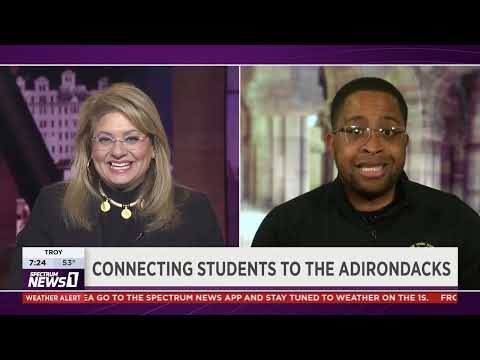
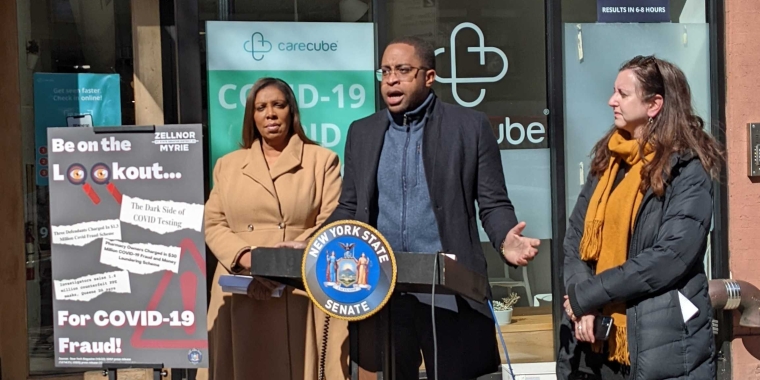
Myrie and Senate Elections Committee Pass BOE Reform Package
February 28, 2022
